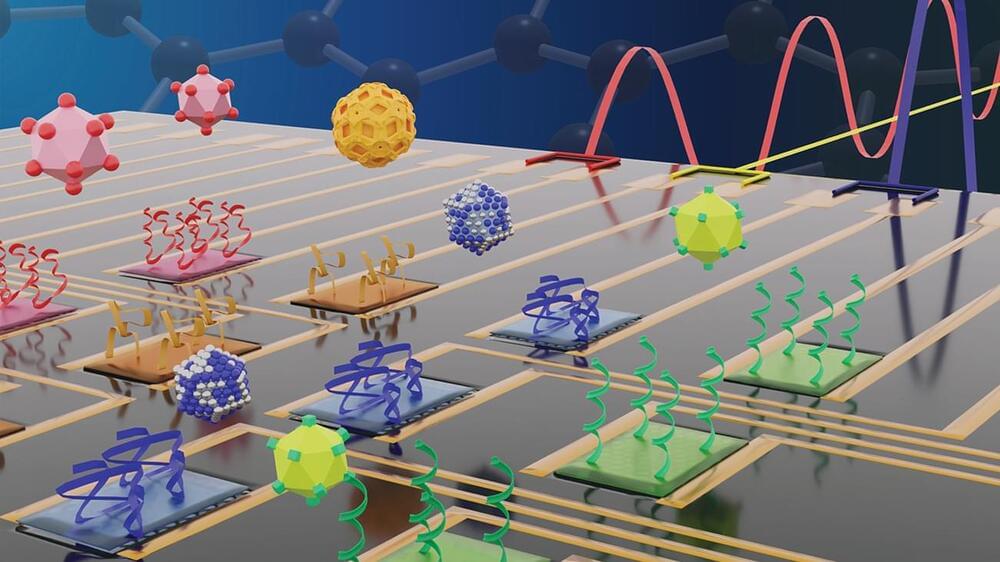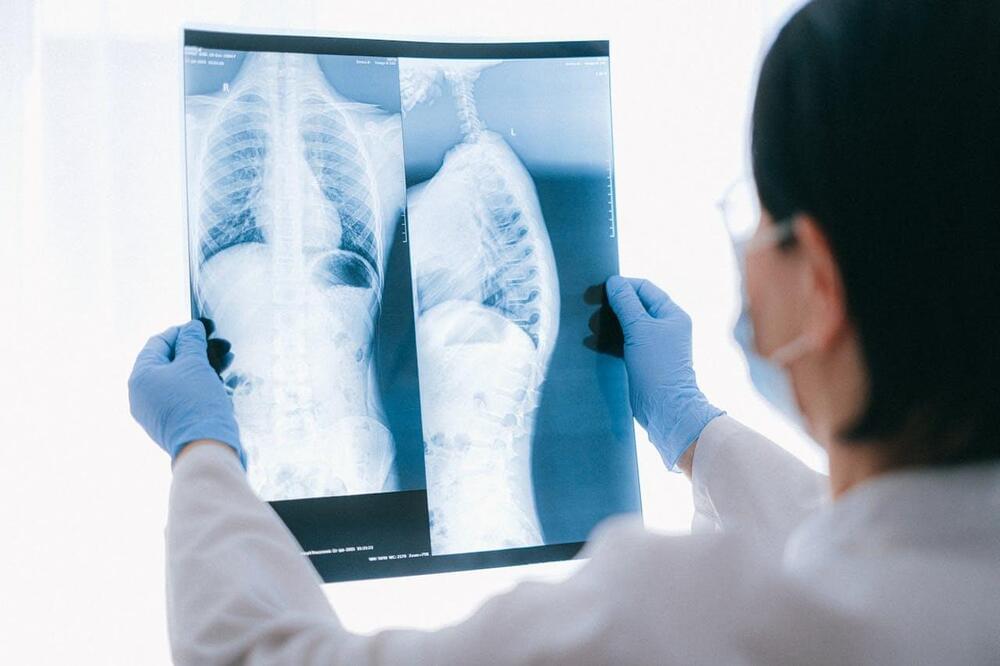
The University of Cape Town, along with the Giraffe Conservation Foundation, have conducted a large-scale study identifying significant cranial shape differences between four genetically distinct giraffe species. The findings suggest that these species exhibit unique developmental and morphological characteristics, which have implications for conservation efforts.
Taxonomic classification is critical for guiding good conservation strategies. Giraffes have long been categorized as one species with geographic variants, though advancements in research are reshaping this perspective.
In the study, “Heads Up—Four Giraffa Species Have Distinct Cranial Morphology,” published in PLOS ONE, researchers examined 515 giraffe skulls with 3D geometric morphometrics to analyze patterns of cranial variability. The dataset, the largest of its kind, included specimens from museum collections, wild populations, and taxidermy sources across Africa.

















